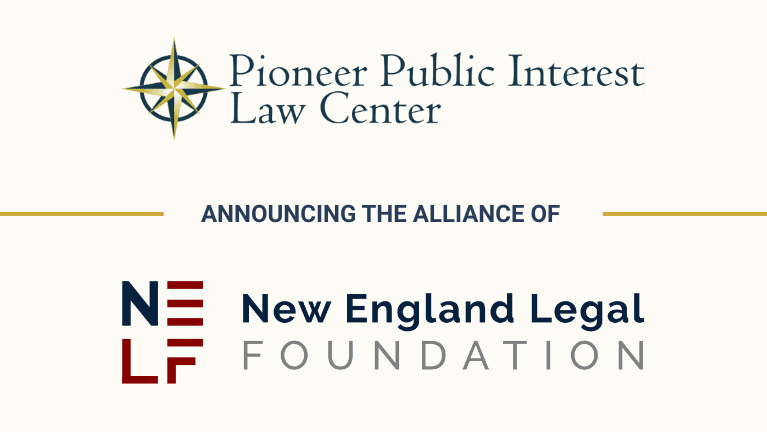Ryan, LLC and Chamber of Commerce of the United States
v.
Federal Trade Commission
(U.S Court of Appeals for the Fifth Circuit)
Docket Summary
In the case Ryan, L.L.C. v. Federal Trade Commission, currently before the United States Court of Appeals for the Fifth Circuit under docket number 24-10951, the plaintiffs, Ryan, L.L.C. and several business organizations, have challenged the FTC’s authority to issue a nationwide ban on non-compete agreements. The district court ruled in favor of the plaintiffs, holding that the FTC lacks the statutory authority to implement such a rule. The FTC has appealed this decision.
The New England Legal Foundation (NELF), a nonprofit public-interest law firm advocating for free enterprise and economic rights, has submitted an amicus curiae brief in support of the plaintiffs-appellees and in favor of affirmance. NELF argues that the FTC has overstepped its statutory authority by attempting to impose a broad, nationwide prohibition on non-compete agreements.
NELF’s argument focuses on the interpretation of the Federal Trade Commission Act of 1914, asserting that the Act does not grant the FTC substantive rulemaking authority. The brief contends that Section 6(g) of the Act does not empower the Commission to issue legislative rules defining or prohibiting unfair methods of competition. Instead, the Act explicitly provides that the FTC may prevent such practices only through case-by-case adjudication. The structure of the statute, according to NELF, demonstrates that Congress did not intend to give the Commission broad regulatory authority.
The brief also examines the legislative history of the Act, emphasizing that Congress deliberately rejected proposals to define unfair competition explicitly or to grant the FTC substantive rulemaking authority. Instead, lawmakers chose to allow unfair competition law to develop incrementally through adjudicative proceedings, similar to the common law approach.
NELF further argues that the 1973 decision in National Petroleum Refiners Association v. FTC, which upheld the Commission’s rulemaking authority, was wrongly decided. The brief asserts that National Petroleum improperly expanded the FTC’s power by prioritizing policy considerations over statutory interpretation. Given that Congress never expressly granted the FTC the power to issue broad substantive rules, NELF contends that this decision should not be followed.
Beyond statutory interpretation, the brief highlights the practical consequences of the FTC’s proposed rule, which would invalidate


